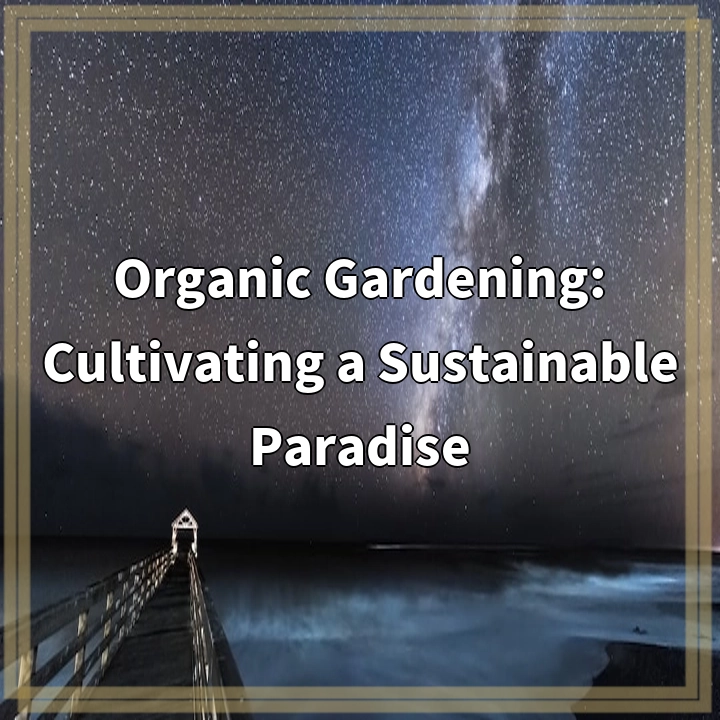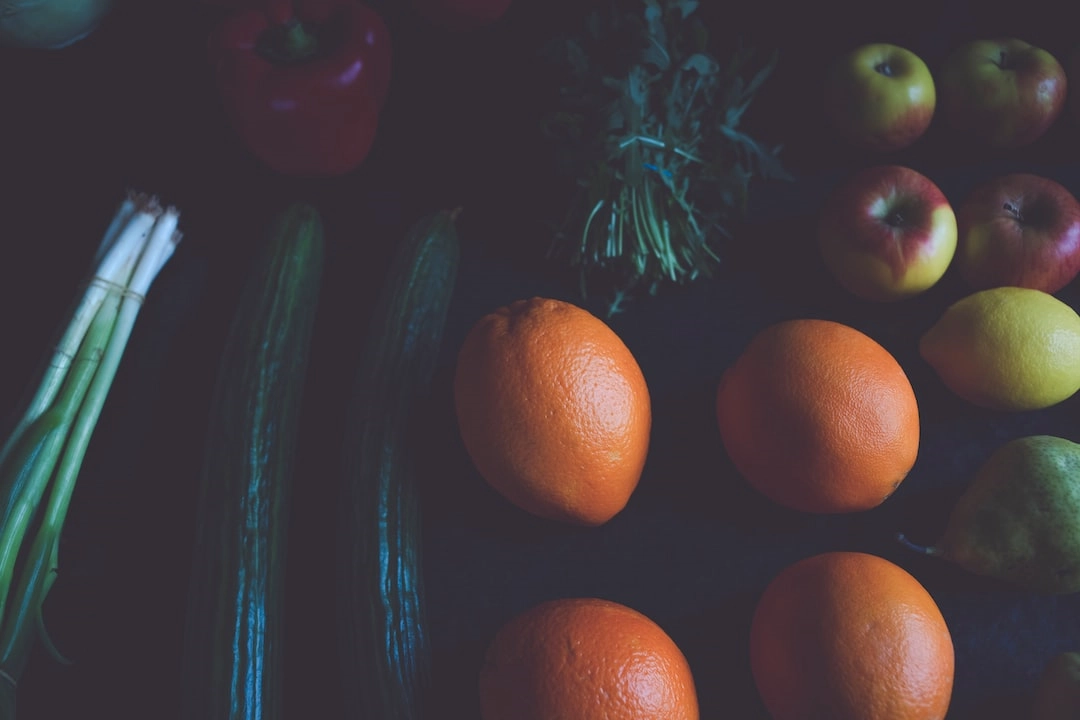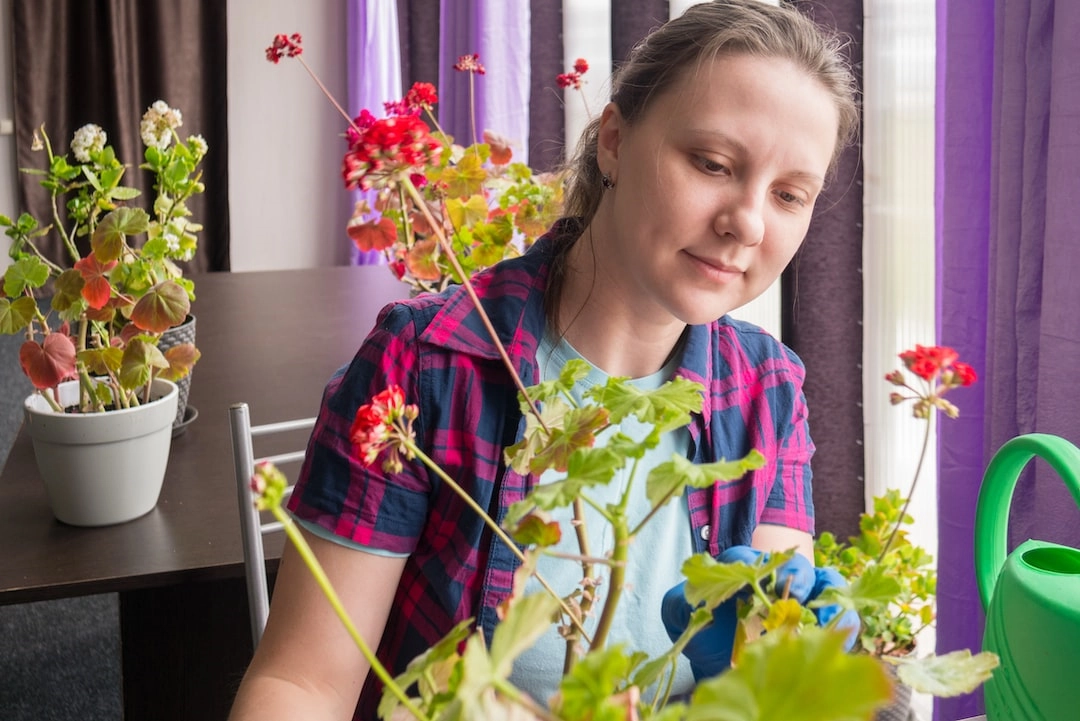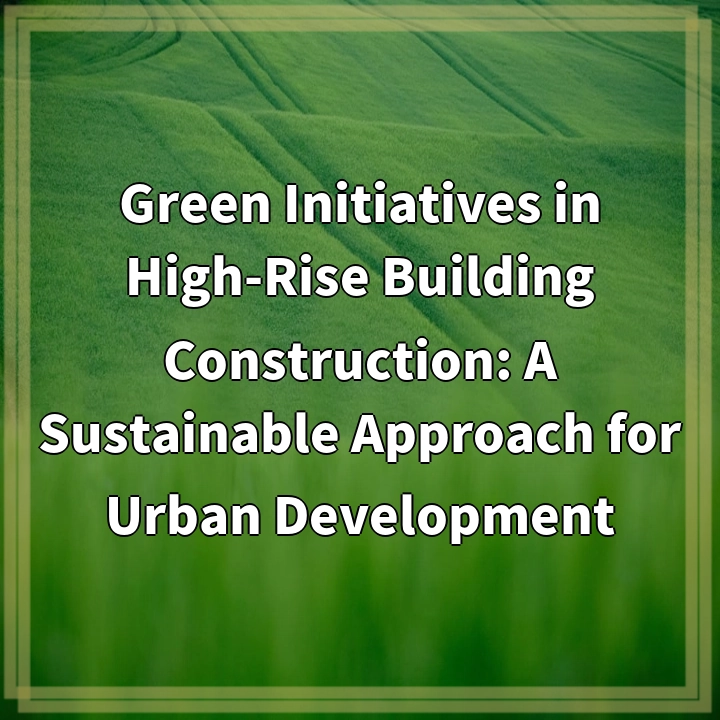
What is Organic Gardening?
Organic gardening is an ecological approach to growing plants and vegetables without the use of synthetic fertilizers, pesticides, or genetically modified organisms (GMOs). It focuses on promoting natural soil health, biodiversity, and sustainability. This method prioritizes the use of organic materials, such as compost and natural fertilizers, and incorporates techniques like crop rotation and companion planting to maintain the health of the garden ecosystem.
Real-World Problems Associated with Organic Gardening
While organic gardening offers numerous benefits, there are also challenges and obstacles to consider. Understanding these problems is crucial for gardeners to overcome them and ensure the success of their sustainable paradise.
Pest and Disease Management
One of the main challenges in organic gardening is dealing with pests and diseases without the use of chemical pesticides. Organic gardeners rely on techniques such as manual removal, biological pest control, and natural home remedies to manage these issues. However, finding effective and eco-friendly solutions for specific pests and diseases can be time-consuming and requires constant monitoring and adjustment.
Weed Control
Weeds compete with garden plants for essential resources like water, nutrients, and sunlight. In organic gardening, chemical herbicides are not an option. Organic gardeners utilize mulching, hand weeding, and proper soil management to control weeds. However, managing weeds organically often requires more time and effort compared to chemical interventions.
Soil Fertility
Maintaining and improving soil fertility is crucial for the long-term success of organic gardens. Organic gardeners rely on compost, cover cropping, and crop rotation to enrich the soil with organic matter, nutrients, and beneficial microorganisms. Nevertheless, achieving and maintaining optimal soil fertility levels can be challenging, especially in areas with poor soil quality or when facing specific nutrient deficiencies.
Limited Availability and Higher Cost of Organic Inputs
Organic gardening relies on organic fertilizers, compost, and other natural inputs to support plant growth and health. However, these organic materials can be more expensive and sometimes harder to find compared to their synthetic counterparts. This can pose a financial challenge for gardeners, especially those on a tight budget or living in areas where organic products are not readily available.
Weather and Climate Impacts
Weather and climate conditions can have a significant impact on organic gardens. Extreme temperatures, droughts, heavy rains, and other weather events can stress plants and make them more susceptible to diseases and pests, affecting overall garden productivity. Organic gardeners need to adapt and implement strategies to mitigate these weather-related risks and protect their gardens.

Solutions to Real-World Problems in Organic Gardening
Pest and Disease Management
– Implement regular inspection and early detection of pests and diseases.
– Encourage natural predators and beneficial insects in the garden.
– Use organic pest control methods like neem oil, insecticidal soaps, and garlic sprays.
– Rotate crops and practice companion planting to deter pests.
– Maintain a healthy and diverse ecosystem in the garden to improve plant resistance to diseases.
Weed Control
– Apply thick layers of organic mulch to suppress weed growth.
– Use hand weeding or physical weed removal techniques.
– Practice regular cultivation to disrupt weed growth.
– Plant cover crops to outcompete weeds.
– Improve soil health to create unfavorable conditions for weed growth.
Soil Fertility
– Utilize organic compost to enrich the soil with organic matter and nutrients.
– Practice crop rotation to prevent nutrient depletion and control pests.
– Incorporate green manure cover crops to improve soil fertility.
– Conduct soil testing to assess nutrient levels and supplement accordingly.
– Use natural amendments like bone meal, kelp meal, and fish emulsion.
Accessible and Affordable Organic Inputs
– Create home composting systems to produce organic compost.
– Explore local sources of organic materials such as farms or community composting.
– Utilize DIY organic fertilizers like banana peels, coffee grounds, and eggshells.
– Research and compare prices to find affordable organic products.
– Consider bulk purchasing or joining a cooperative for cost savings.
Weather and Climate Resilience
– Select climate-appropriate plant varieties for better adaptability.
– Implement watering techniques like drip irrigation or rainwater harvesting.
– Use shading or row covers to protect plants from extreme weather.
– Implement proper drainage systems to prevent waterlogging during heavy rain.
– Stay informed about local weather forecasts and plan accordingly.















